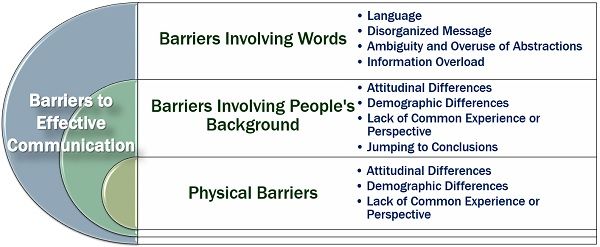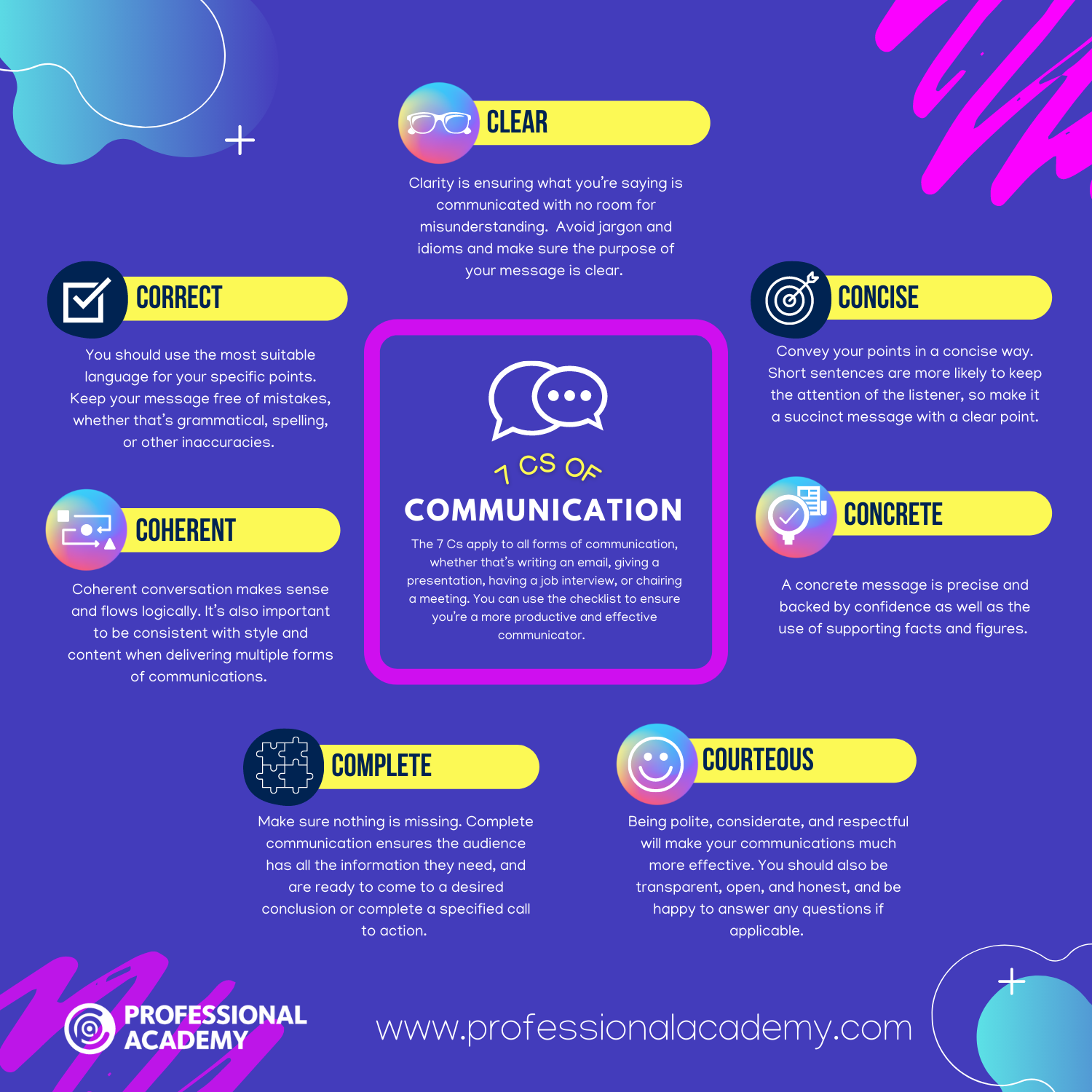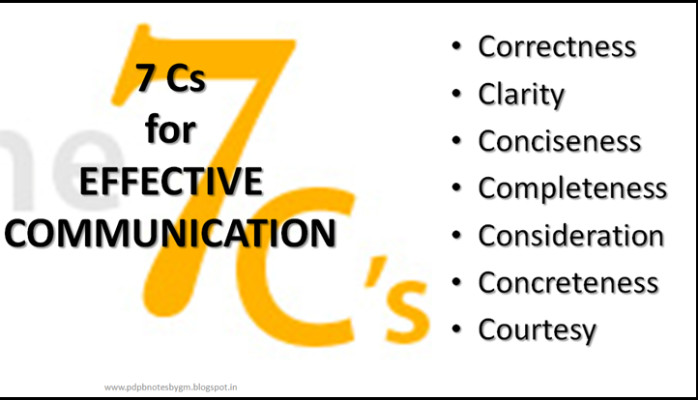Effective communication plays a crucial role in any interpersonal relationship, whether it be in a professional or personal setting. It allows individuals to convey their thoughts and ideas clearly and effectively, and to understand the perspectives of others. It helps to build trust, resolve conflicts, and establish strong relationships.
One of the key components of effective communication is the ability to listen actively. This means paying full attention to what the other person is saying, asking clarifying questions, and showing empathy. Active listening helps to ensure that the message being conveyed is understood correctly and helps to build trust and respect in the relationship.
Effective communication also involves the ability to express oneself clearly and concisely. This means choosing the right words and tone to convey a message effectively, and being aware of body language and nonverbal cues. It is important to consider the audience and the context in which the communication is taking place, and to adjust one's communication style accordingly.
In a professional setting, effective communication is essential for success. It helps to establish clear expectations and goals, and enables team members to work effectively towards a common goal. It is also important in leadership, as effective communication skills help leaders to motivate and inspire their team.
Effective communication is also important in resolving conflicts. It allows individuals to express their concerns and needs, and to listen and understand the perspective of others. By using effective communication, conflicts can be resolved in a way that is fair and respectful to all parties involved.
In summary, effective communication is a crucial skill that plays a vital role in any interpersonal relationship. It allows individuals to convey their thoughts and ideas effectively, and to understand the perspectives of others. It helps to build trust, resolve conflicts, and establish strong relationships.








